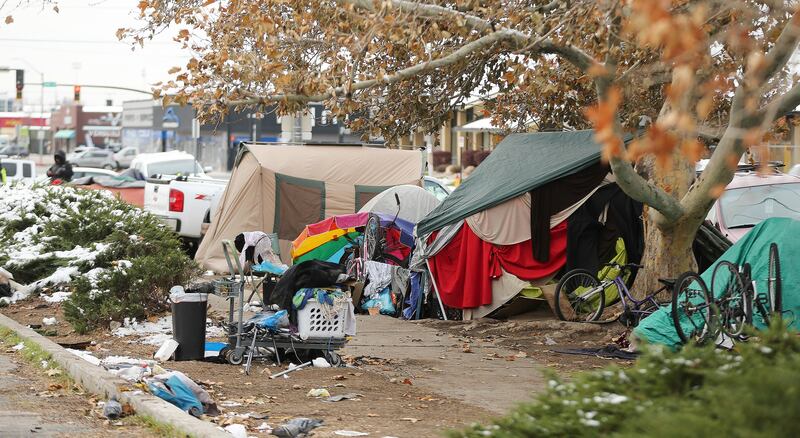No one in my immediate household has developed COVID-19, but I most definitely have felt one side effect of the pandemic. I have become myopic.
I’ve been largely focused for most of the year on the safety and health of my immediate family, putting a great deal of effort into avoiding exposure to an illness that could do serious harm to at least one member of my household. My husband is immune-compromised and my daughters and I have obsessively tried to protect him from the virus. We know COVID-19 is not benign; his younger sister died in an ICU a state away, a ventilator breathing for her until even it wasn’t enough to keep her alive.
This year has been truly discombobulating, so it is perhaps not surprising that as much as I adore my extended family, the idea of gathering for Thanksgiving was not one we seriously considered, lest we put ourselves or others at risk. I have a similarly hard time picturing a family Christmas Eve get-together, either, though that’s always been my very favorite gathering every year of my adult life. It’s unlikely COVID-19 will disappear or vaccines will be broadly distributed in time for us to feel safe.
The trouble with staying away from everyone is how easy it becomes to figure that what I’m going through — good or bad — is a universally shared experience. I’m not having a lot of fun right now, but I’m not really suffering, either.
It’s harder to be myopic in December.
I try to be clear-eyed year-round, but there’s something about December that beckons folks to really see others and try to meet their needs. It’s genuinely hard to be too me-focused in this month that calls us out and asks us to be kinder, more generous, more aware. I suspect many a year-round giver got a start amid December’s rush of goodwill.
But because I’ve been focusing so much of my attention inward at my nest and those who occupy it this year, I have seen less and thought less — yes, the right word is thoughtless — of others this year. It’s a pattern that I hope proves unsustainable, though breaking it requires a willful act.
The needs of others haven’t gone away — they have, in fact, gotten worse because so many businesses had to cut back in the face of this viral disaster. The working poor who struggled before have seen their ranks swelled by folks who were doing OK until the virus came along and torched their livelihoods.
I can choose to see a great many needs, although I haven’t had to, thanks to my pandemic-enabled myopia. While intellectually I know that suffering is for many far greater this year even than in the past, SARS-CoV-2 tempts me to stay indoors and worry only about my household and how well we’re doing.
If you don’t go downtown, you don’t have to see tents sporadically dotting the landscape or wonder who’s sheltering inside and why — if sheltering’s even the right word. Do all your shopping online and you can miss the bell ringers collecting money to help those who are poor.
With pandemic myopia, I have been able to pretend for surprisingly long stretches that my nuclear family is my sole responsibility and someone else can feed the recent swell in those who rely on food pantries or respond to the plaintive request for a few hours’ work by someone on the COVID Mutual Aid Facebook page in my community.
I’m trying to remind myself to look, though, because I truly fear any pandemic-prompted myopia could be the first symptom of a truly terrible disease: a hardened heart.


